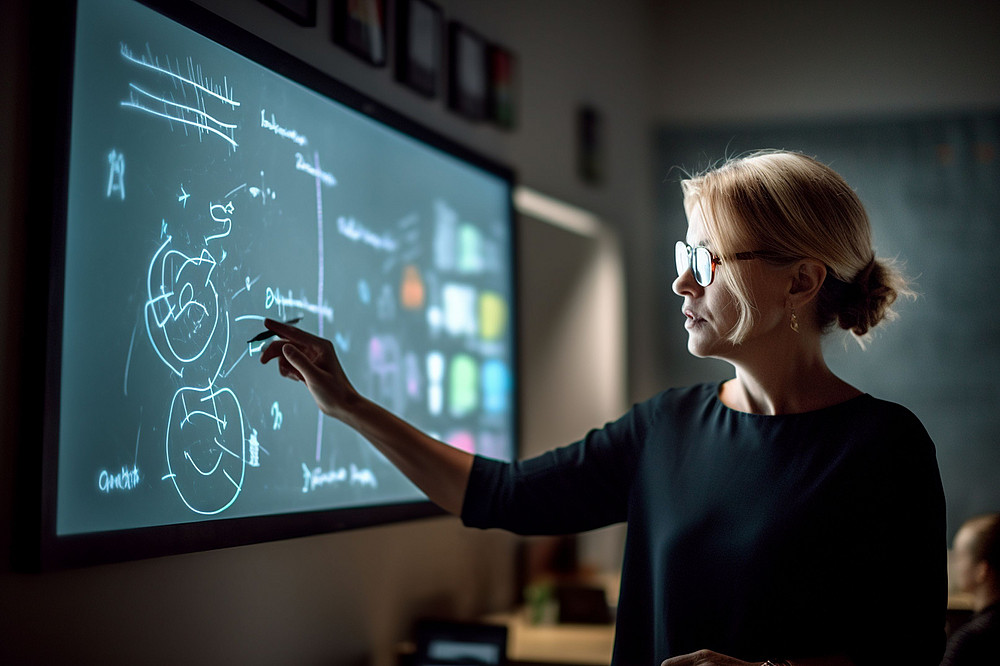What are we doing?
The Center for Empirical Research in Inclusion is committed to promoting an inclusive society and an equitable education system through research and teaching. A wide range of qualitative and quantitative research methods is used, with a particular emphasis on participatory research approaches involving children, adolescents, and individuals with disabilities.
The research work of the center focuses on the following central topics:
Inclusion and digitalisation:
- Development and evaluation of adaptive learning systems and digital assessment tools
- Strategies and methods for using digital tools for differentiation and individualisation in inclusive lessons
- Promoting the digital (mental) health literacy of students
- Development of accessible Open Inclusive Educational Resources (OIER)

Inclusive school and instructional development and individual support:
- Concepts for inclusive school and instructional development
- Evidence-based support programs for pupils with specific learning difficulties
- Strategies for individualisation and differentiation in inclusive teaching
- Interventions to promote reading development, particularly for students with German as a second language
- Development of assessment instruments in the areas of language, reading, and social-emotional development

Social-emotional development and mental health:
Programs to promote the mental health and resilience of pupils and teachers
Early detection and prevention of mental health problems in childhood and adolescence
Teacher professionalisation:
Concepts for inclusive teacher training and school development
Science-practice transfer through initial education, continuing education and training
Participation and quality of life:
Housing quality and quality of life for people with disabilities
Early detection of dementia in people with intellectual disabilities
These research priorities are being realised in numerous national and international projects .
Teaching and further education
The Centre's staff are actively involved in university teaching, particularly in the teacher training courses (Bachelor's and Master's: specialisation in inclusive education) and in the Master's programme in Inclusive Education. Current topics in inclusion research as well as evidence-based teaching materials and support programmes are taught in various courses. Special emphasis is placed on providing students with practical insights into the challenges and opportunities of inclusive teaching and enabling them to acquire scientifically grounded and application-orientated strategies and options for action. The aim is to equip prospective teachers with a broad repertoire of methods and materials that they can use in inclusive school settings.
In addition, a wide range of further and continuing education programmes are offered for teachers, students and professionals, including
- MOOCs and lecture series on the topics of inclusion and digitalisation
- Workshops and training courses on assistive technologies
- Teacher training courses in collaboration with the Research Center for Inclusive Education
Find out more in the collection of materials.
